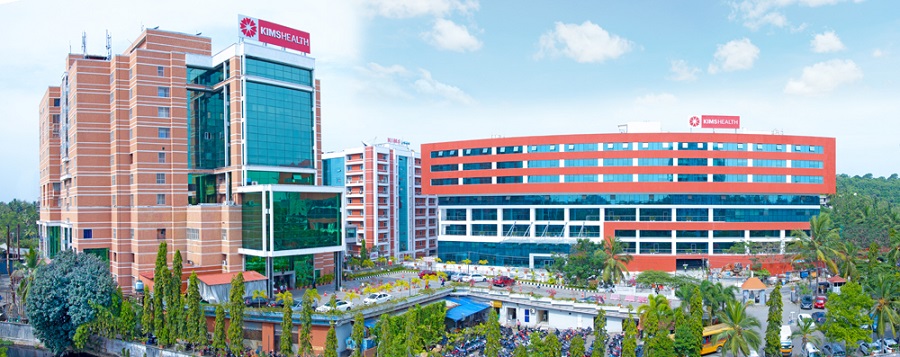MUMBAI:
As many as one-third of Mumbai’s blood banks are set to be hauled up by Maharashtra’s State Blood Transfusion Council (SBTC) for overcharging patients and conducting unnecessary tests on blood and its byproducts.
Officials said a meeting with the authorities of 22 blood banks (out of 61 in the state) was initially planned for September 5 to discuss this ‘social and sensitive issue,’ but was postponed due to unavoidable circumstances.
Recently, a joint inspection of all the blood banks was conducted by officers of SBTC and Food and Drugs Administration (FDA). The action was taken based complaints filed by health activist Chetan Kothari on August 4.
“The joint inspection report was submitted to the highest authority of the government of India. Considering the issues (of overcharging) and blood being an essential component for surgery and medical procedures in the hospitals, it decided to convene a meeting with 22 blood banks,” said Subhash Sone from SBTC.
Kothari, in his complaint, has mentioned that many of the blood banks are conducting unnecessary tests on the blood and its byproducts, which increases the cost to multifold. While as per the government’s instruction, the charges are set at Rs 1,450 per blood unit, concerned blood banks, most of them connected to private hospitals, are charging anywhere between Rs 1,700-Rs 3,500.
“An important issue is that many of the blood banks are charging patients for cryoprecipitate—a byproduct of blood which is mostly used in treating haemophilia. Ironically, a government resolution states that the haemophilia patients should be given blood free of charge,” said Kothari.
The officials said joint inspection was done as per the complaint filed by Kothari and all possible aspects were checked thoroughly with the exception of some technical and policy issues.
However, an FDA official said that suspending the blood banks’ licences is unlikely to happen. “The blood banks, being an integral part of treatment, cannot be shut down but we can certainly take strict action such as hefty penalties or ask them to refund the excess amount taken by patients. Many of the blood banks, have straightway refused to lower the charges, saying they are justified for the levels of blood safety tests they do,” said the official on condition of anonymity.




